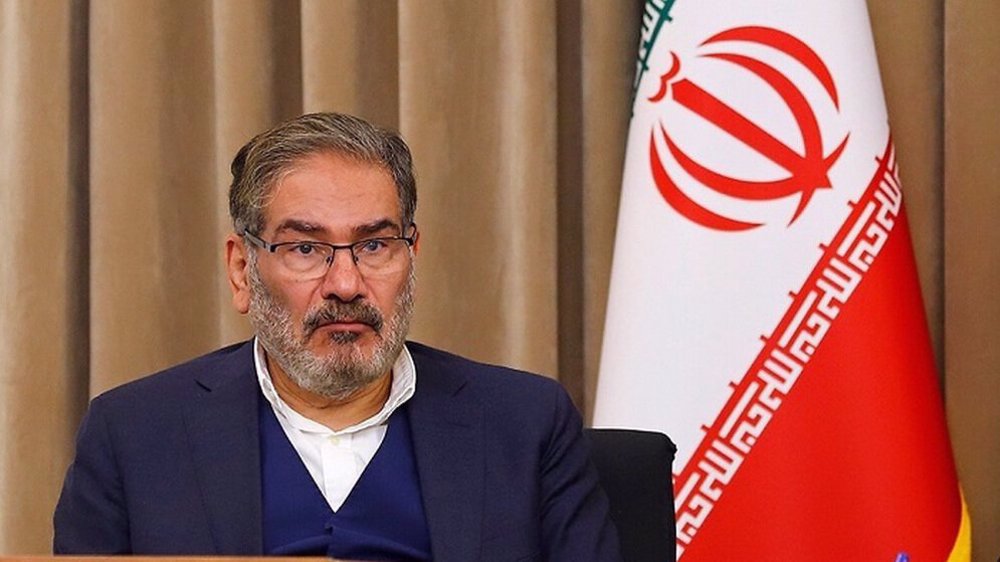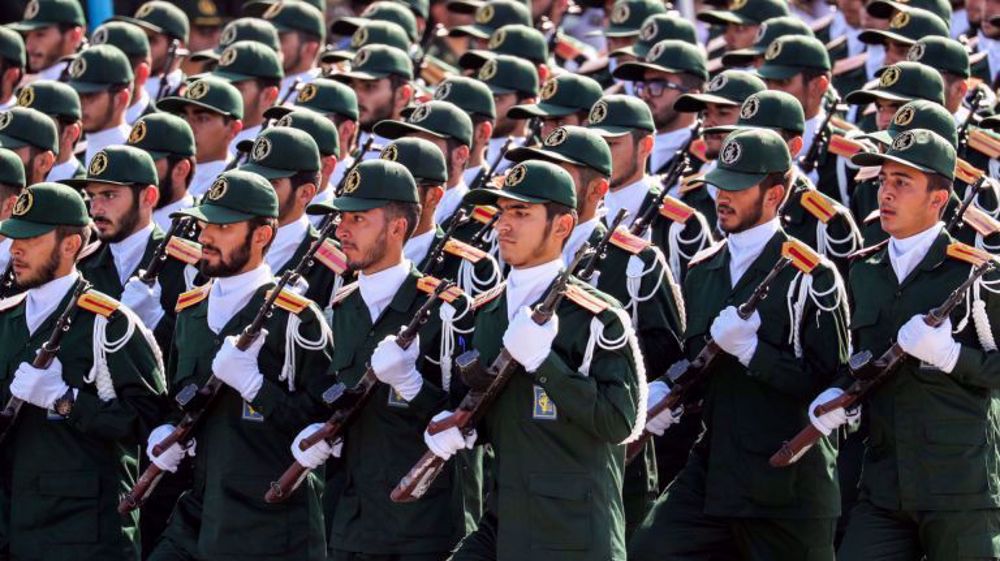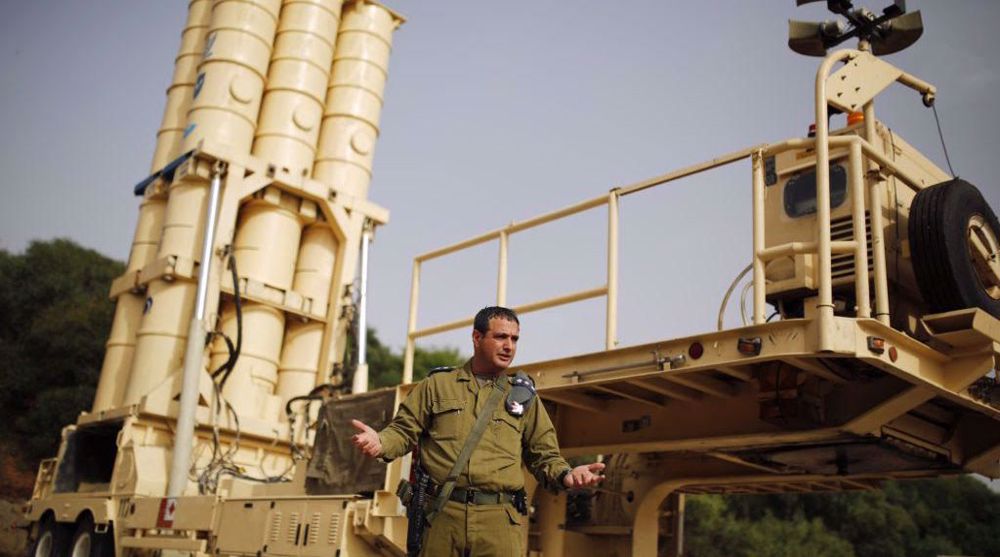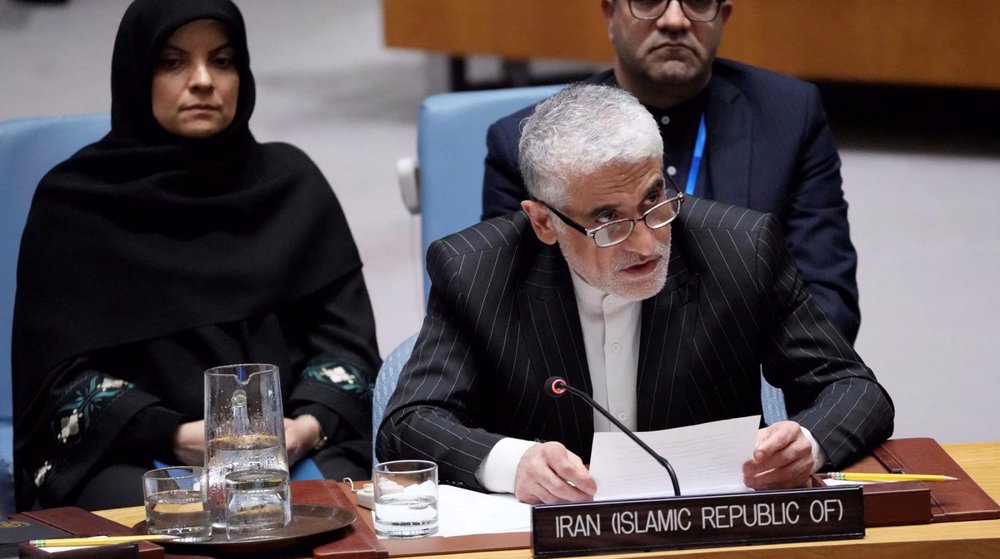Iran’s firm response to Israeli aggression shows wisdom, character of its leadership
By Dina Y. Sulaeman & Otong Sulaeman
The night of June 13, 2025, marked the emergence of a new paradigm.
In geopolitics, there are times when silence speaks louder than explosions. That night, Leader of the Islamic Revolution, Ayatollah Seyyed Ali Khamenei, appeared before his people–not with anger or fiery rhetoric, but with calculated calm and composure.
“They [the Zionist regime] have made a big mistake. This will make them suffer a miserable fate,” he said steadily, his tone silencing the room.
Just a few hours later, a barrage of Iranian ballistic missiles pierced the sky above the occupied Palestinian territories, bypassed the three-tier Israeli defense systems, and struck the heart of Tel Aviv.
This was not an emotional act of retaliation but a strategic signal: a doctrine, a deterrent, and a restructuring of power dynamics in West Asia.
Iran’s response followed the Israeli aggression in the early hours of June 13 that led to the assassination of several high-ranking Islamic Revolution Guards Corps (IRGC) commanders, nuclear scientists, and civilians, including children and women.
For decades, Western media have portrayed Ayatollah Khamenei as a puritanical theocrat, a symbol of Iran’s ideological conservatism. But beneath his stoic, old-school clerical exterior lies a visionary political mind forged through decades of sanctions, embargoes, and asymmetric warfare the Islamic Republic has faced.
His leadership was shaped not only by the Islamic Revolution of 1979 but also by a deep understanding of realpolitik and strategic patience.
The confrontation with Israel has long taken the form of a “shadow war”—sabotage, cyberattacks, and assassinations. But Israel’s June 13 aggression marked a new phase.
By targeting civilian areas and high-ranking military and scientific figures, the regime literally crossed Iran’s doctrinal khatte qermez (red line).
Ayatollah Khamenei’s statement that night, delivered hours after the aggression and assassinations, was not only a national consolation but a calculated signal.
He declared: “Israel is a terrorist regime that carried out the attack. Iran will exercise its right to retaliate. Any country that helps it is also attacking Iran—and they, too, will have their turn to pay.”
This statement legitimized Iran’s retaliatory action in accordance with Article 51 of the UN Charter. In a low but sharp tone, the Leader of the Islamic Revolution issued a strategic warning—not just to Israel, but to any actor complicit in aggression against Iran.
What distinguishes Iran’s response is not only its missile power but the character of the leadership behind it. Ayatollah Khamenei, now in his eighties, remains calm in the storm. He speaks rarely, but when he does, his words carry the weight of decades confronting imperialist domination.
His leadership approach can be understood as a form of what might be called strategic stoicism—the ability to refrain from impulsive reactions while maintaining principled firmness and readiness to respond with precision and infinite wisdom.
Of course, "stoicism" here does not imply that Ayatollah Khamenei adheres to Greek Stoic philosophy. In the realm of thought, he is known as a Neo-Sadrian—a follower of Mulla Sadra, the great Islamic philosopher who emphasized the integration of reason, revelation, and spiritual intuition.
Yet, in the geopolitical context, his leadership reflects a discipline similar to the Stoic ethos: patient, steadfast, emotionally restrained, and controlled in the face of provocation. A leadership that does not rely on military theatrics to project strength.
Iran’s retaliatory military action in the form of Operation True Promise III against Israel was not merely a technical or military maneuver. It shook the region’s strategic assumptions.
For decades, Israel operated under a perception of invulnerability, backed by advanced technology and unwavering US protection. That perception is now unraveling.
Arab monarchies that have normalized relations with Israel face a strategic dilemma: continue wagering on Western security guarantees, or begin to reckon with the consequences of open confrontation? Turkey and Qatar may also need to reassess their positions in the regional balance of power.
Meanwhile, Russia and China, the two global powers expanding their presence in the West Asia region, will interpret this event as a clear sign that Iran is no longer playing a merely symbolic role in the resistance against Zionism.
Iran is asserting itself as a hard power actor capable of reshaping regional architecture.
To sum it up, June 13, 2025, will be remembered not only for the missiles that struck Tel Aviv but for the composure of the leader in Tehran who reshaped the global chessboard.
In a world filled with empty threats and theatrical diplomacy, Ayatollah Khamenei demonstrated that true strength doesn’t come from the loudest voice, but from the most precise action at the most critical moment.
And in the philosophical doctrine he inherited from Mulla Sadra, what is ultimately real is not brute force, but the depth of being and the wisdom of action.
Dina Y. Sulaeman is an assistant professor in the Department of International Relations, Universitas Padjadjaran, Indonesia.
Otong Sulaeman is a philosophy lecturer at STAI Sadra, Indonesia
(The views expressed in this article do not necessarily reflect those of Press TV.)
US bears full responsibility for consequences of any fresh aggression against Iran: FM
VIDEO | Sudan’s healthcare system nears collapse amid conflict
VIDEO | Gazans struggle to survive as they welcome New Year
VIDEO | Saudi-UAE rift over Yemen
VIDEO | Saudi airstrikes target UAE-backed forces at Yemen's Mukalla Port
Iran does not fear war; but ‘narrow window of opportunity’ for dialogue remains open, FM says
Iran says $2bn of frozen assets released by neighboring country
Somalia erupts in massive protests over Israel's recognition of Somaliland















 This makes it easy to access the Press TV website
This makes it easy to access the Press TV website